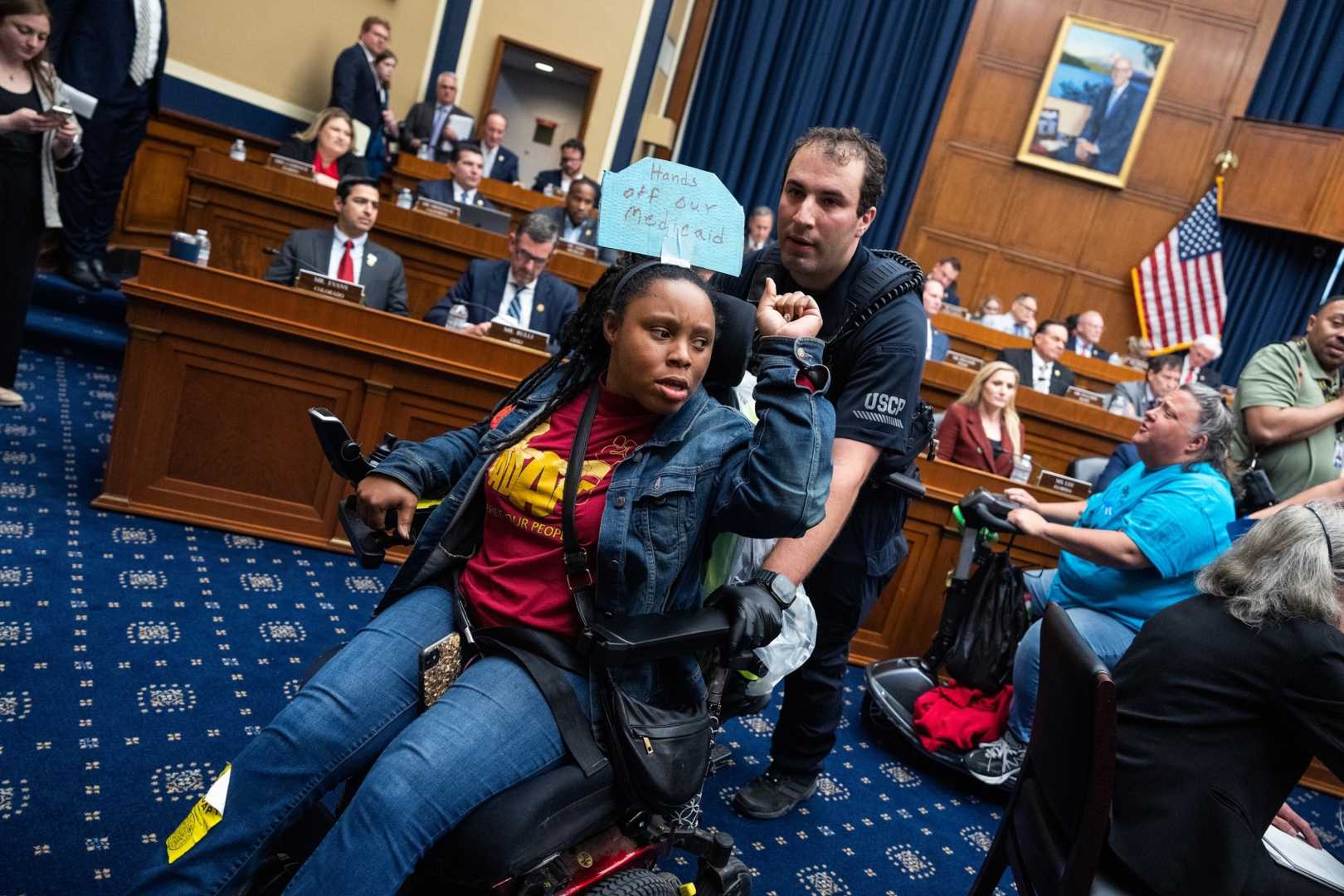Politics
House GOP Proposes Major Cuts to Medicaid and Food Stamp Programs

WASHINGTON, D.C. — House Republicans are aiming to cut nearly $1 trillion from Medicaid and food stamp programs, proposing sweeping changes that may affect millions of Americans. If approved, the legislation aligns with President Donald Trump’s agenda, significantly reducing federal support.
Despite Trump’s previous assertions that Medicaid would remain untouched, GOP lawmakers argue that their proposals primarily target adults who could be employed. However, experts insist the reductions would impact a broader spectrum of people, including children, seniors, and individuals with disabilities.
Currently, over 71 million Americans depend on Medicaid while approximately 42 million receive food stamps. Any cuts to these programs could mean severe consequences for those relying on them for basic needs. Hospitals could also face increased financial pressure, potentially raising costs for insured patients.
A detailed analysis from the Congressional Budget Office shows a proposed reduction of nearly $700 billion in Medicaid support over the next decade, with expectations that more than 10 million individuals may lose their coverage. Furthermore, projections show an additional 7.6 million Americans could be uninsured by 2034.
A key change in the proposal involves instituting work requirements for Medicaid recipients, mandating that certain individuals aged 19 to 64 complete at least 80 hours of work or community service monthly to retain their benefits. This rule, which some experts say could inadvertently disqualify those already working or those who might otherwise qualify for exemptions, is set to take effect in 2029.
Experts express concern about the bureaucratic challenges that could arise. “We expect that millions of adults will lose coverage under work requirements,” said Michael Karpman from the Urban Institute. He added that many might struggle with the new reporting system.
States will also bear the financial burden, particularly in rural and low-income areas, as funding reductions come at a time when state budgets are already strained. States may consider limiting Medicaid enrollment, cutting benefits, or increasing taxes to offset the losses.
Moreover, grocery store owners warn that cuts to the Supplemental Nutrition Assistance Program (SNAP) could damage local economies and costs jobs. “SNAP is not just food assistance for families — it’s an economic engine that bolsters jobs on Main Street,” said Stephanie Johnson, from the National Grocers Association.
While the final outcome remains uncertain as House Republicans negotiate the provisions among their ranks, a consensus is crucial before the bill can advance to the Senate for further evaluation. The stakes are high as millions of Americans anxiously await the implications of these proposed cuts.












